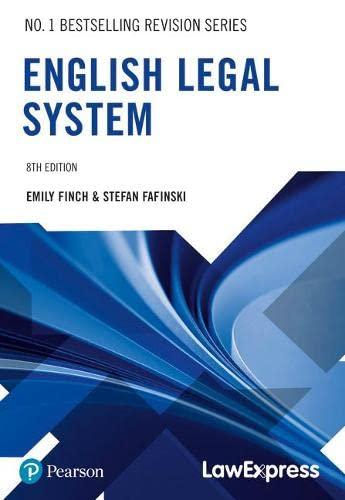Question
1. A Filipino male YouTuber released a new song via YouTube. The song, which has a very youthful vibe and catchy melody, includes the following
1. A Filipino male YouTuber released a new song via YouTube. The song, which has a very youthful vibe and catchy melody, includes the following lyrics: Wearing that tight top and that short skirt Inviting me to touch you, feel you You say no, but your eyes say yes Stop playing hard to get Don't worry girl, I'll give you what you're asking for T he song became viral and immensely popular among the youth. The National Telecommunications Commission (NTC) then released a warning that the playing of said song on television and radio may result in the cancellation of the licenses of the radio and tv stations. The YouTuber insisted that the warning issued by the NTC violated his freedom of expression. He argued that there's nothing wrong about the song, which was meant to invite discourse by presenting one point of view. Hence, the song shouldn't be banned from television and radio programs. Question 1.1. Are songs considered as "expressions" and therefore entitled to protection under the Constitution? Question 1.2 Do you agree with the position of the musician? Why or why not? Please explain your answer thoroughly and cite the appropriate provision of the law or Supreme Court decision you rely upon to support your answer.

Step by Step Solution
There are 3 Steps involved in it
Step: 1

Get Instant Access to Expert-Tailored Solutions
See step-by-step solutions with expert insights and AI powered tools for academic success
Step: 2

Step: 3

Ace Your Homework with AI
Get the answers you need in no time with our AI-driven, step-by-step assistance
Get Started


